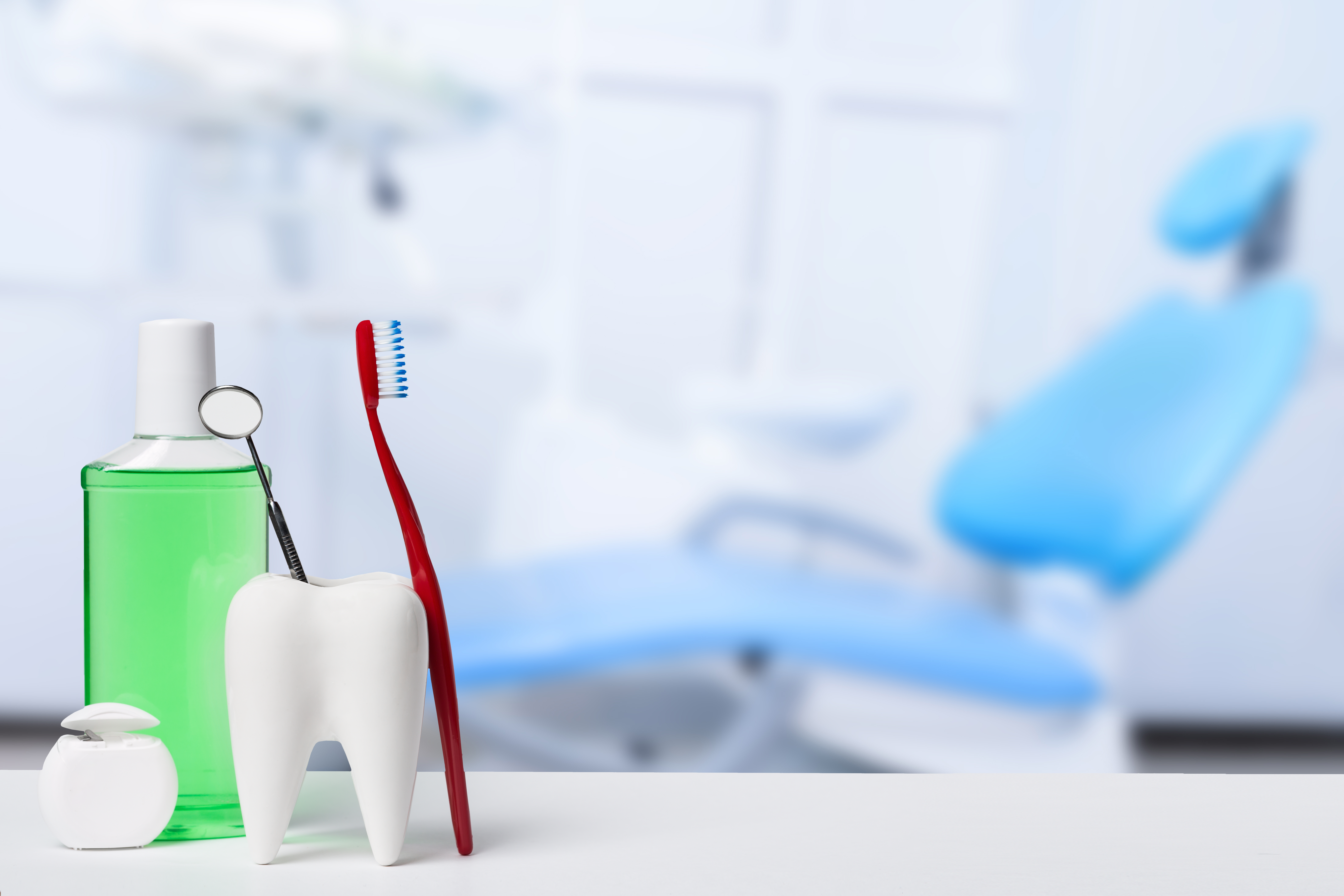Defence First
There are many elements to consider when one is trying to make their teeth stronger. If we come back to basics, the first would be to try and get into a regime that provides optimal oral hygiene (i.e. cleaning and maintenance care). The general consideration for this is brushing and flossing twice a day. One may ask; well how is optimal hygiene making my teeth stronger? The old saying goes as the best defence is a good offence. If the teeth are cleaned and maintained properly; they will be better able to counter any stimulus that may harm the teeth.
For example, there is a particular bacterium among a few that is involved in tooth decay. The lower bacterial load (or the better the brushing and cleaning), the more likely the teeth and saliva will not have to defend against such high levels of the bad bacteria that can cause acid and holes to form on teeth.
Fluoride
If we look further in terms of medicine or topical agents that will make the teeth stronger. There are two main things to consider. The first is fluoride. We have all heard of fluoride, in some cases it might get some negative media. The thing is we don’t need to ingest fluoride to get the benefits; as studies have shown that ingesting fluoride provides less benefit then topically applying directly to the teeth. The teeth in themselves are like a sponge, battery, and brick wall all in one. If we think of the tooth like a brick wall which is many layers thick; if you applied an acid or acidic drink to the surface of the tooth, you would lose some of these bricks to the acid as the solution if buffered. There is a mineral layer in the other boundary of the tooth call hydroxyapatite. The benefit with fluoride is it can switch out the hydroxy for a fluoro. More or less the fluoride gets incorporated into the outer layer of the tooth. The benefit of this is that this combination is more resistant to acid from solution or from bacteria that cause tooth decay.
Generally, tooth paste has around 1000 ppm of fluoride, and this is seen as a good level for providing protection. If there is some risk, depending on the situation a fluoride rinse may be recommended. Again, here the key would be a lower volume but spread out over time. Less is more. You cannot take a bit hit of fluoride and expect it to be perfect. As I was mentioning before the tooth is like a battery than can be drained and recharged. So it is trying to find that individual level that would be best for the optimal level of protection.
Calcium and Phosphate
The other option that can be utilised to try and make the teeth stronger is calcium and phosphate. The body does a pretty good job of this by providing these ions through saliva. Interestingly, the tartar that we get on teeth is more or less blocks of calcium and phosphate; and you will not get tooth decay under tartar. However, the downside with tartar or calculus is that if there is too much of this rough environment the tartar becomes a perfect home for complex bacteria to live. The longer this surface stays the risk for more nasty and complex bacteria that can take up residence, and this becomes an issue for the gums and body as a whole.
The trick with calcium and phosphate is we cannot just rinse with a mouth rinse full of calcium and phosphate, as this crashes out of solution very quickly. Some years ago, now scientists discovered that there is a sticky protein found in milk that like a sponge can hold onto calcium and phosphate and at the same time stick to the tooth. What is beneficial with this is then the building blocks of the tooth are on the surface. It is able to be incorporated back into the surface itself.
The tooth in sum-what of an unorganized fashion is able to re-lay down the bricks of building blocks of the tooth; that could have been potentially lost from tooth decay.
There are a few of these pastes on the market and are worth their weight in gold. They provide strength to the teeth and prevent decay. Again, similar to fluoride they do not need to be ingested but rather placed on the surface of the teeth. The longer they can sit on the teeth the better. Much like the opposite if an acidic drink was to sit on the tooth it would in essence slowly dissolve the tooth away. The remineralizing creams would do the exact opposite and help to rebuild and regenerate the tooth. Unfortunately, it cannot rebuild macroscopic holes, but it can build microscope layers back on the tooth. This is good.
If you have any further question on how to make your teeth stronger, please do not hesitate to call Skygate Dental to discuss. Hope you enjoyed the blog, have a great day.


